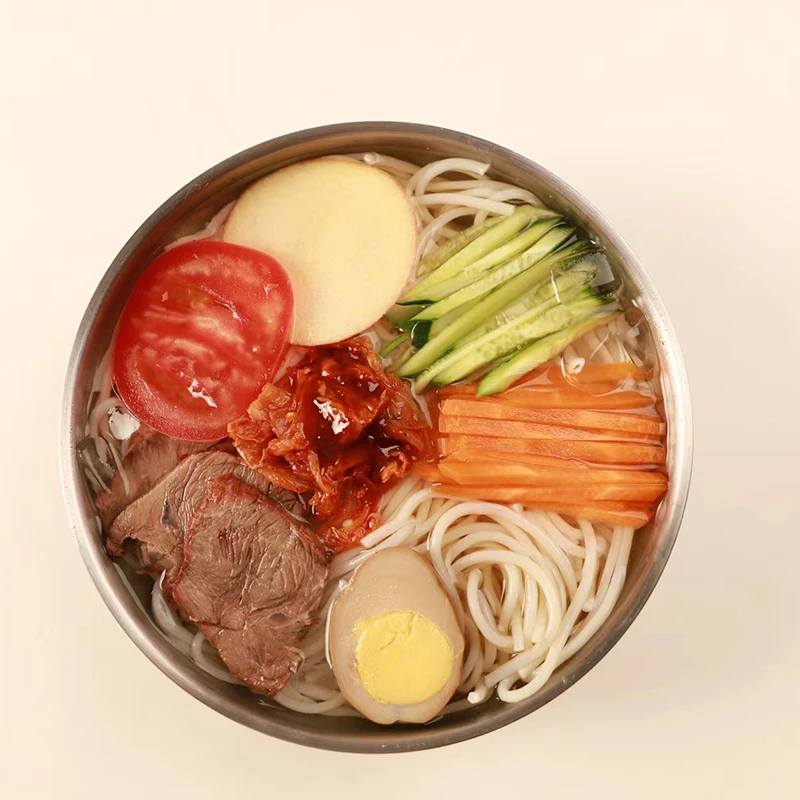Japanese Spinach Noodles Recipe Featuring Fresh Ingredients and Bold Flavors
Japanese Spinach Noodles A Fusion of Flavor and Nutrition
In the vast and diverse world of culinary delights, noodles have found a special place in many cultures. Among the various types of noodles, Japanese spinach noodles present a unique twist, merging the rich traditions of Japanese cuisine with the nutritious goodness of spinach. This amalgamation not only caters to the palate but also amplifies health benefits, making it an ideal choice for those who appreciate both taste and wellness.
What Are Japanese Spinach Noodles?
Japanese spinach noodles, often made from a combination of traditional wheat flour and nutrient-rich spinach, are a vibrant addition to the noodle family. The incorporation of spinach not only gives the noodles a striking green hue but also infuses them with a myriad of health benefits. Spinach, known for its high iron, vitamin A, vitamin C, and antioxidant content, transforms these noodles into a powerhouse of nutrition.
The process of making spinach noodles is relatively simple yet delightful. The spinach is typically blanched to preserve its bright color and then blended into a smooth puree. This puree is combined with wheat flour, salt, and water, kneaded into a soft dough, and then rolled out into thin sheets. Once cut to the desired thickness, the noodles are either dried or cooked immediately. The resulting noodles are not only visually appealing but also offer a subtle earthy flavor that pairs well with a variety of accompaniments.
Culinary Versatility
One of the remarkable aspects of Japanese spinach noodles is their culinary versatility. They can be served in soups, stir-fries, or cold salads, adapting effortlessly to different cooking styles and flavors. When served in a traditional Japanese noodle soup, like ramen or udon, the spinach noodles absorb the rich broth, enhancing each bite with a robust taste and enticing aroma.
In stir-fry dishes, they provide a delightful chewiness, complementing vibrant vegetables and proteins. Add some soy sauce, garlic, and ginger, and you have a quick, nutritious meal that celebrates the marriage of flavors. In salads, the noodles can be chilled and paired with sesame dressing, cucumber, and scallions, creating a refreshing dish perfect for warm days.
japanese spinach noodles

Health Benefits
The health benefits of incorporating spinach noodles into one's diet are manifold. The presence of spinach not only increases the nutritional profile but also contributes to heart health, as the vegetable is associated with lowering blood pressure and reducing the risk of chronic diseases. Additionally, the high fiber content aids in digestion, promotes feelings of fullness, and assists in weight management.
Moreover, making homemade spinach noodles offers control over the ingredients, allowing for the substitution of gluten-free flour or the addition of other vegetables. This adaptability makes it easy for individuals with dietary restrictions to enjoy this wholesome dish.
Cultural Significance
In Japanese culture, food is not only sustenance but also an expression of art and tradition. The integration of spinach into traditional noodle-making can be seen as a reflection of the Japanese philosophy of balance and harmony with nature. By incorporating local and seasonal ingredients, such as spinach, chefs pay homage to their heritage while innovating new, exciting dishes.
Conclusion
Japanese spinach noodles exemplify the creativity that emerges when culinary traditions meet modern health consciousness. They are more than just a meal; they are a testament to the ability of food to nourish both body and spirit. Easy to prepare, versatile in use, and brimming with health benefits, these noodles are a delicious option for anyone looking to elevate their dining experience, bringing a taste of Japan's rich culinary history to the table. Whether you’re a seasoned chef or a home cook, adding Japanese spinach noodles to your repertoire is a step towards healthier, more vibrant meals.
-
Unleash Your Inner Chef with Delectable Italian Pasta CreationsNewsAug.01,2025
-
Savor Health and Flavor: Irresistible Soba Noodles for Sale Await!NewsAug.01,2025
-
Nourish Your Body with Premium Organic Ramen - A Culinary Delight AwaitsNewsAug.01,2025
-
Elevate Your Dishes with Our Exquisite Kinds of Egg NoodlesNewsAug.01,2025
-
Dive into Flavorful Convenience with Our Ramen OfferingsNewsAug.01,2025
-
Discover Exquisite Types of Naengmyeon and Chilled Soba NoodlesNewsAug.01,2025
-
Is Whole Wheat Pasta Healthy?NewsMay.30,2025
Browse qua the following product new the we

















































































































